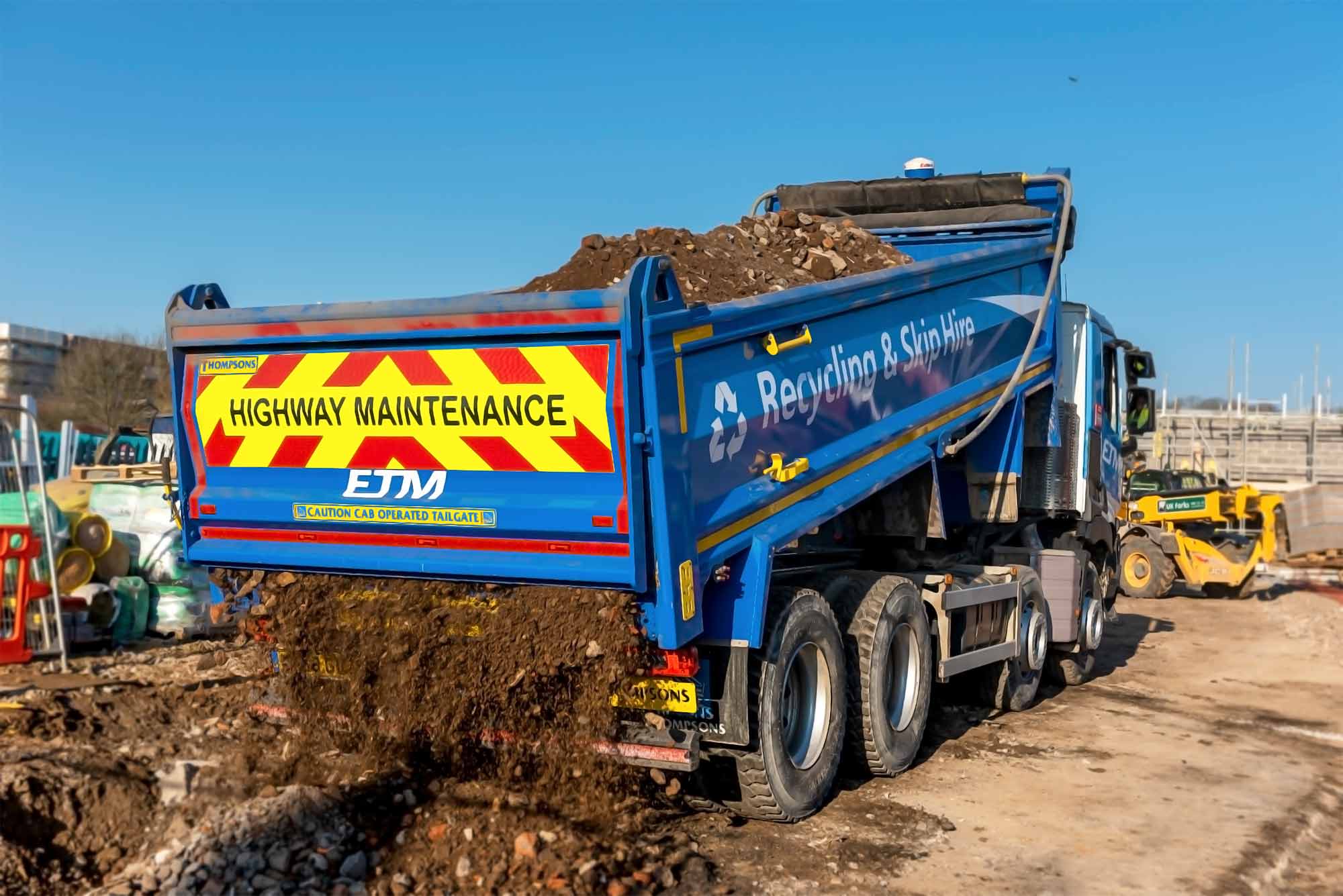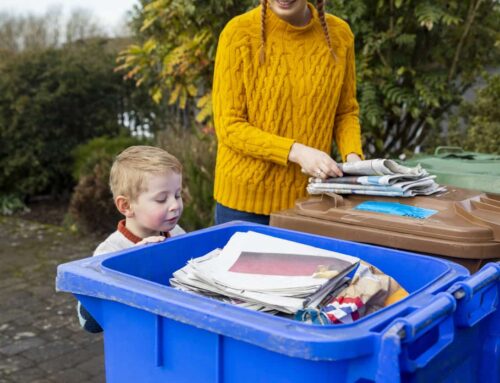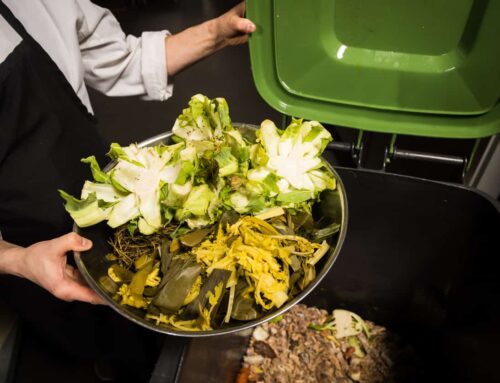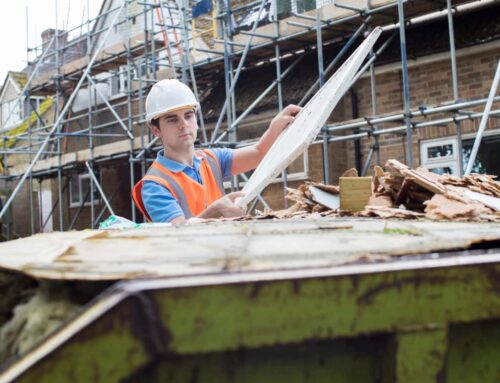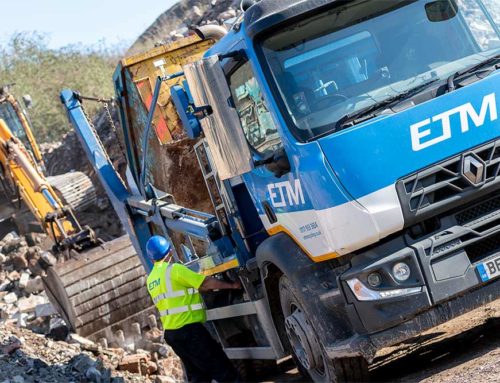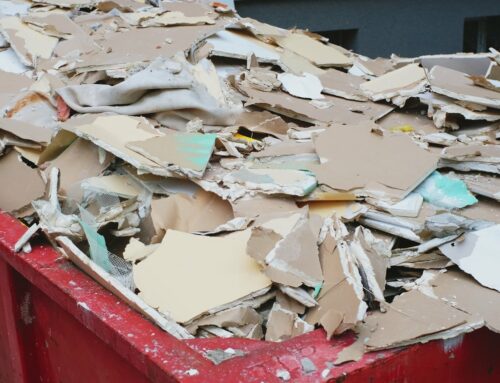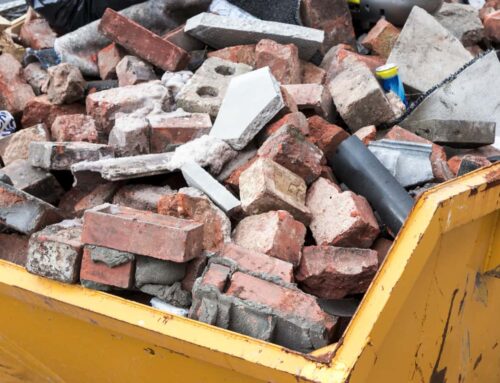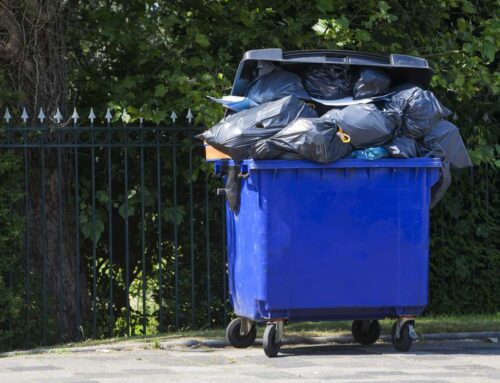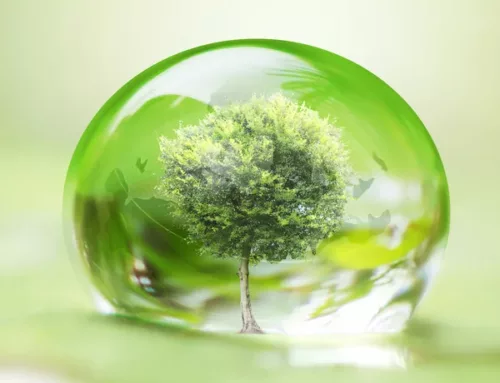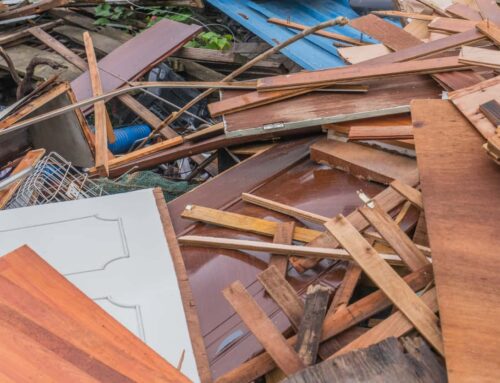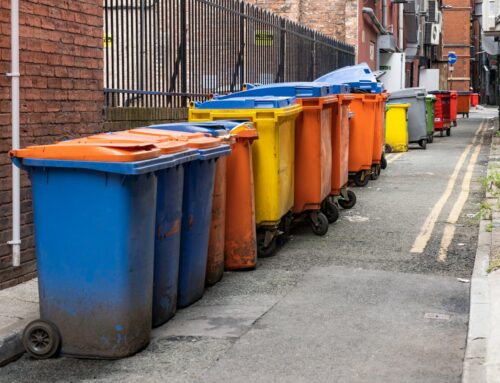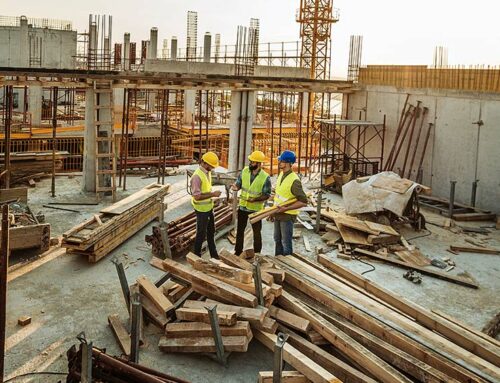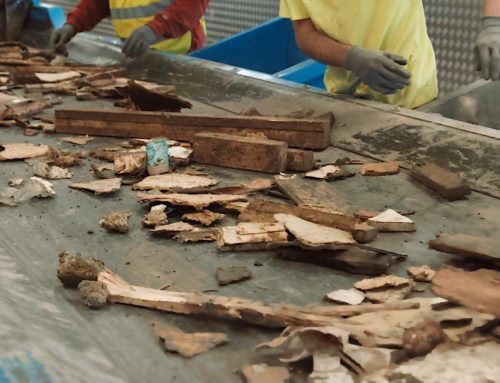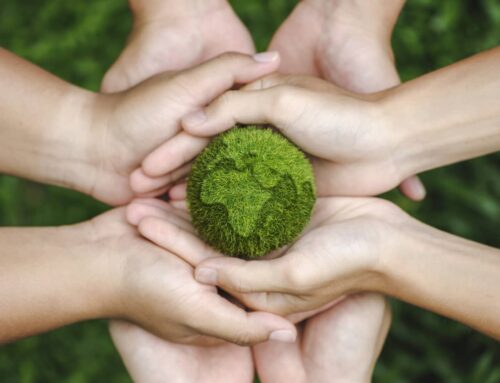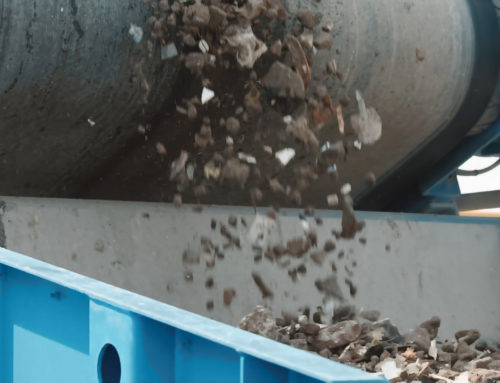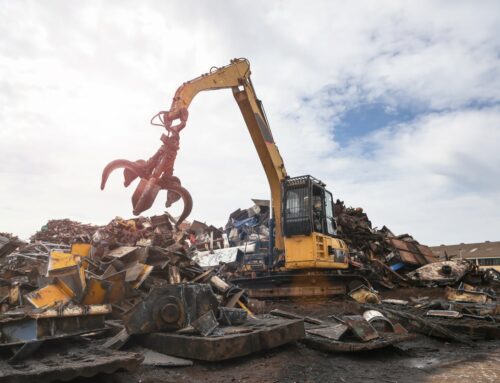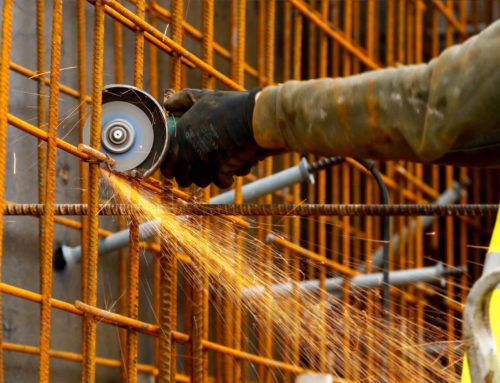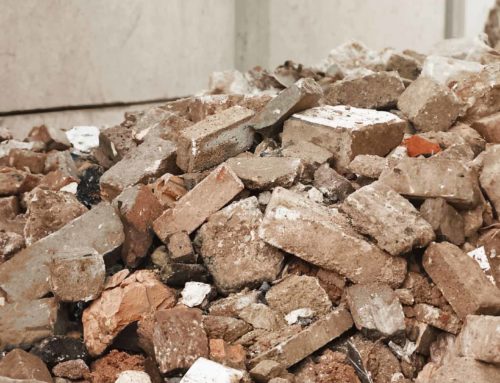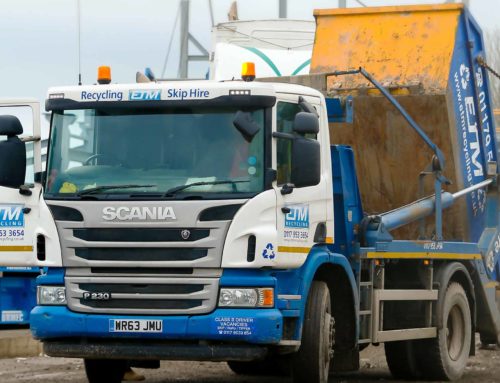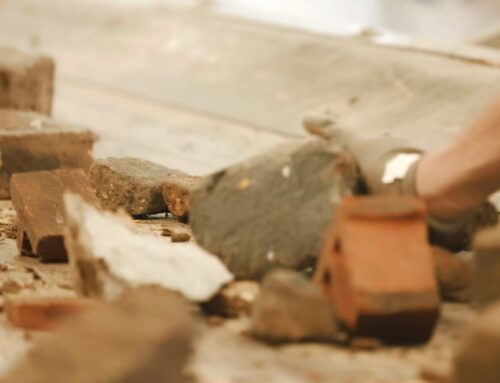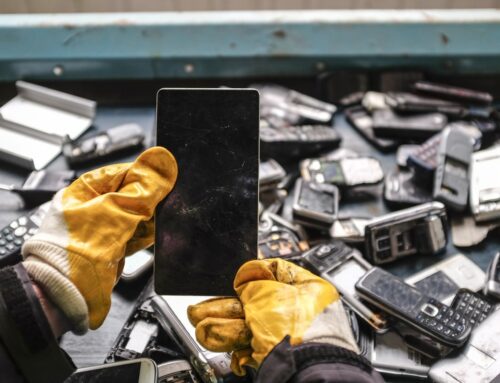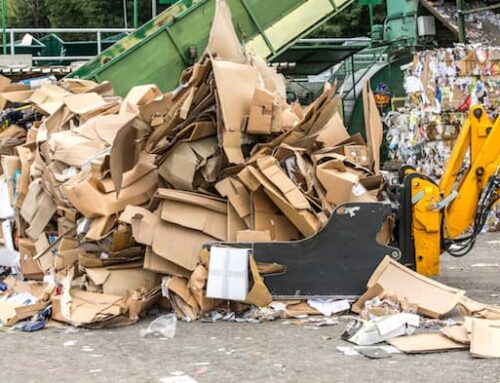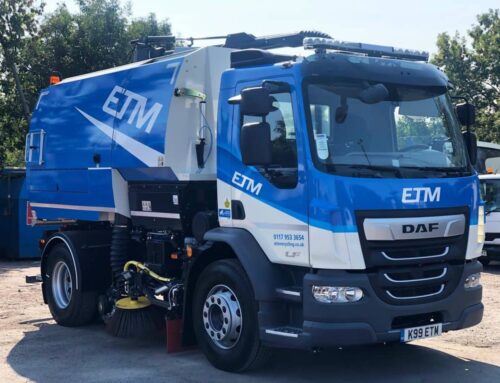In this guide to topsoil, our recycling experts at ETM Recycling explain what topsoil is, how it’s used, how it’s created and explore other commonly recycled materials created at our own waste transfer site in South Bristol.
What is Topsoil?
Topsoil is the top layer of earth, usually the first 2-8 inches, rich in minerals and nutrients that aid plant growth. It is valuable and useful soil because of its composition of organic matter – living, dead and decaying – that add nutrients over hundreds of years. These desired nutrients include nitrogen, phosphorous, potassium and magnesium, all of which are vital to topsoil’s fertility.
There are many types of soil and different grades of topsoil; economy-grade, general-purpose, and premium. Topsoil may also be differentiated as ‘blended’ (mix of topsoil with organic matter) or ‘organic’ (containing additional matter such as moss), with blended mostly used as compost can be added to aid growing at any time.
Topsoil vs Compost
The nutrient and mineral qualities of topsoil due to decaying organic matter may make topsoil seem the same as compost, however there are differences. Compost is decaying matter made up of various matter that acts as a fertiliser and is often added to soil. Topsoil, on the other hand, is the top layer of the ground that is mainly comprised of soil.
Topsoil Standards
Topsoil is widely sold and traded and even has its own British Standard; BS 3882:2015 Specification for Topsoil.
This standard outlines the requirements for topsoil including contaminants, texture, acidity and more. For example, good standard topsoil should have a pH value of between 5.5. and 7.5 (mildly acidic and slightly alkaline) allowing a wide range of plants to comfortably grow. The standards also cover how and why topsoil should be sampled and examined. Anyone involved in landscaping or trade of topsoil will be familiar with this standard, such as gardeners, builders, architects, and local authorities.
How is Topsoil Used?
Topsoil is most frequently associated with the gardening community; however, its uses extend beyond growing plants.
Topsoil is usually used for larger landscaping projects such as public parks, developing new lawn areas or levelling out existing gardens. For gardening purposes, topsoil can and is used, however this is usually reserved for premium grade topsoil. Lower grade topsoil still performs effectively and provides a cost-effective way to quickly add large volumes of soil to an area.
How is Topsoil Created?
Here is a step by step guide detailing the creation of topsoil.
- Soil is taken – Soil is collected for processing. If taken from virgin fields the topsoil may be less effective as it usually takes years to build up nutrients and fertility. Instead, soil from previously used sites that are now cleared may be used, from the demolition or construction industry. The latter is more environmentally and cost effective as well as results in more nutrient filled topsoil.
- Soil is screened – The screening process removes stones, lumps and other sizable contaminants leaving a fine soil. This has led to the term ‘screened topsoil’. If unscreened the topsoil may be cheaper but risks being less effective, have reduced wate drainage capability, and inhibit plant growth.
- Soil is tested – Commonly topsoil is tested to ensure its properties are adequate for sustaining plant life. This includes checking for no contaminants, assessing mineral and nutrient content, and acidity level.
At ETM Recycling we champion recycling and ensure as much waste that enters our waste transfer site is diverted from landfill as possible. We take soil from construction and demolition customers and carefully screen and process the soil to create high quality topsoil that meets specifications, available for delivery and collection from our site just outside Bristol.
See our topsoil services here.
Other Recycled Materials
Our state of the art waste transfer site in Bristol processes a variety of waste streams from a range of industries operating locally. From construction and demolition particularly, we create recycled materials for further use as building and landscaping materials, including topsoil.
Here are other recycled materials we offer:
- Cement
- Recycled Aggregate (see our full range of aggregate products here)
- Crushed Stone
Quality Topsoil from ETM Recycling
We offer delivery to surrounding areas as well as collection from our facilities in Bristol for our range of local authority approved recycled materials, from topsoil to concrete. If you are a local business interested in cost-effective and environmentally friendly solutions for your landscaping and building needs, get in touch with ETM Recycling. We pride ourselves on our dedication to diverting waste from landfill, finding eco-friendly alternatives to waste resulting in high quality recycled materials.
